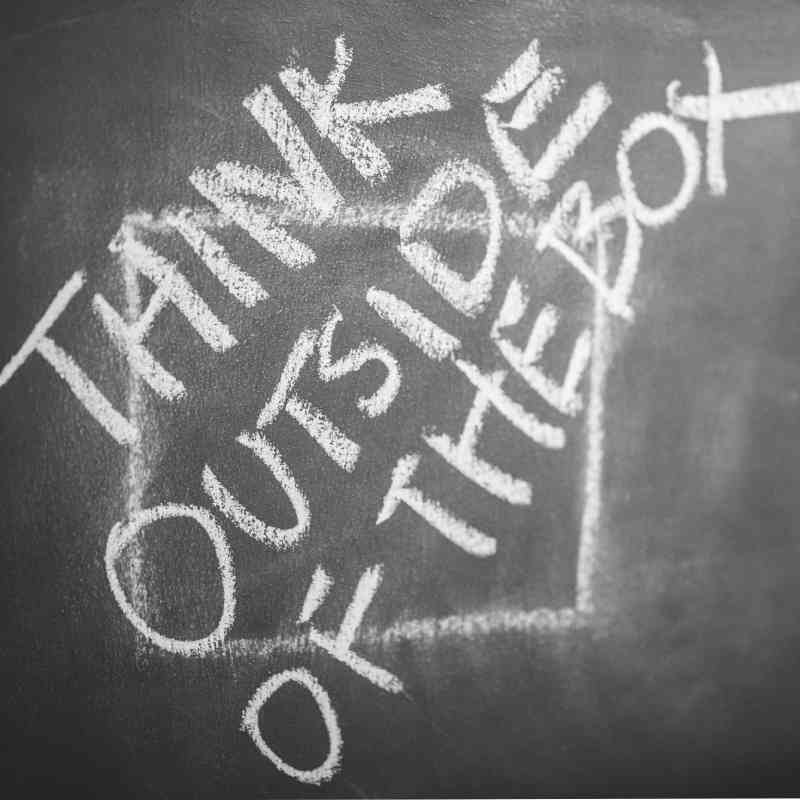What are values?
These are the character traits that are important to you, they are like guideposts in decision making and influence the way you interact with others. Knowing and clarifying your values helps you live in line with them especially when you are faced with difficult situations or tough choices. Not being aware of them will often result in some poor decisions and regrets down the track.
Values can shift and change depending on life stage and experiences. Therefore, people will have different values to others, there is no right and wrong here, only knowing what matters to you and why.
Knowing your values are an important factor in increasing confidence, as motivation for harder tasks in life and as guidance to your purpose in life.
Some good questions to ask when trying to determine your values are:
What do you enjoy?
What gets you fired up?
What inspires you?
What frustrates you?
What makes you feel strong emotions? Like anger or sadness or Joy
Who do you like to spend time with and why?
Below you’ll find a list of common core values as defined by Russ Harris. Try to choose, let’s say 5 values, that are close to your heart.
Choose an area of life (work/education, leisure, relationships, personal growth/health). Decide which values are V (Very important), Q (Quite important), or N (Not important) to you. Now, go through the ones you marked as V. Choose 3 (or more) that are most important to you. Write them out as a note to remind yourself that this is what you want to stand for as a human being in that domain of life.
Acceptance: to be open to and accepting of myself, others, and life.
Adventure: to be adventurous; to actively seek, create, or explore novel or stimulating experiences.
Assertiveness: to respectfully stand up for my rights and request what I want.
Authenticity: to be authentic, genuine, real; to be true to myself.
Beauty: to appreciate, create, nurture, or cultivate beauty in myself, others, and the environment.
Caring: to be caring towards myself, others, and the environment.
Challenge: to keep challenging myself to grow, learn, and improve.
Compassion: to act with kindness towards those who are suffering.
Connection: to engage fully in whatever I am doing and be fully Present with others.
Contribution: to contribute, help, assist, or make a positive difference to myself or others.
Conformity: to be respectful and obedient of rules and obligations.
Cooperation: to be cooperative and collaborative with others.
Courage: to be courageous or brave; to persist in the face of fear, threat, or difficulty.
Creativity: to be creative or innovative.
Curiosity: to be curious, open-minded, and interested; to explore and discover.
Encouragement: to encourage and reward behaviour that I value in myself or others.
Equality: to treat others as equal to myself.
Excitement: to seek, create, and engage in activities that are exciting, stimulating, or thrilling.
Fairness: to be fair to myself or others.
Fitness: to maintain or improve my fitness; to look after my physical and mental health and well-being.
Flexibility: to adjust and adapt readily to changing circumstances.
Freedom: to live freely; to choose how I live and behave or help others do likewise.
Friendliness: to be friendly, companionable, or agreeable towards others.
Forgiveness: to be forgiving towards myself or others.
Fun: to be fun-loving; to seek, create, and engage in fun-filled activities.
Generosity: to be generous, sharing and giving to myself or others.
Gratitude: to be grateful for and appreciative of the positive aspects of myself, others, and life.
Honesty: to be honest, truthful, and sincere with myself and others.
Humour: to see and appreciate the humorous side of life.
Humility: to be humble or modest; to let my achievements speak for themselves.
Industry: to be industrious, hard-working, and dedicated.
Independence: to be self-supportive and choose my own way of doing things.
Intimacy: to open up, reveal, and share myself- emotionally or physically in my close personal relationships.
Justice: to uphold justice and fairness.
Kindness: to be kind, compassionate, considerate, nurturing or caring towards myself or others.
Love: to act lovingly or affectionately towards myself or others.
Mindfulness: to be conscious of, open to, and curious about my here-and-now experience.
Order: to be orderly and organized.
Open-mindedness: to think things through, see things from others’ points of view and weigh evidence fairly.
Patience: to wait calmly for what I want.
Persistence: to continue resolutely, despite problems or difficulties.
Pleasure: to create and give pleasure to myself or others.
Power: to strongly influence or wield authority over others, e.g., taking charge, leading, and organizing.
Reciprocity: to build relationships in which there is a fair balance of giving and taking.
Respect: to be respectful towards myself or others; to be polite, considerate and show positive regard.
Responsibility: to be responsible and accountable for my actions.
Romance: to be romantic; to display and express love or strong affection.
Safety: to secure, protect, or ensure safety of myself or others.
Self-awareness: to be aware of my own thoughts, feelings, and actions.
Self-care: to look after my health and well-being and get my needs met.
Self-development: to keep growing, advancing, or improving in knowledge, skills, character, or life experience.
Self-control: to act in accordance with my own ideals.
Sensuality: to create, explore, and enjoy experiences that stimulate the five senses.
Sexuality: to explore or express my sexuality.
Spirituality: to connect with things bigger than myself.
Skillfulness: to continually practice and improve my skills and apply myself fully when using them.
Supportiveness: to be supportive, helpful, encouraging, and available to myself or others
Trust: to be trustworthy; to be loyal, faithful, sincere, and reliable.
My Top 5 Values
Adapted from the list of values based on the work by Dr Russ Harris, Author of ACT made simple
“Values are like lighthouses; they are signals giving us direction, meaning and purpose” Recruiter Journal
When you have determined what your top five values may be, take some time to really think about them. Think about how you already live out those values and how you want to live out that value moving forward in life. When you are next going through something that is difficult or requires a decision reflect on your values and ask yourself. Which value do I want to apply here? Which value is important in this situation? What are some steps I need to take today to move in the direction of this value?
More info at
Goralewicz, Olga. (2021, Feb 15th) “A full list of values for Acceptance and Commitment Therapy (ACT): Loving Health.
https://loving.health/en/act-list-of-values/







